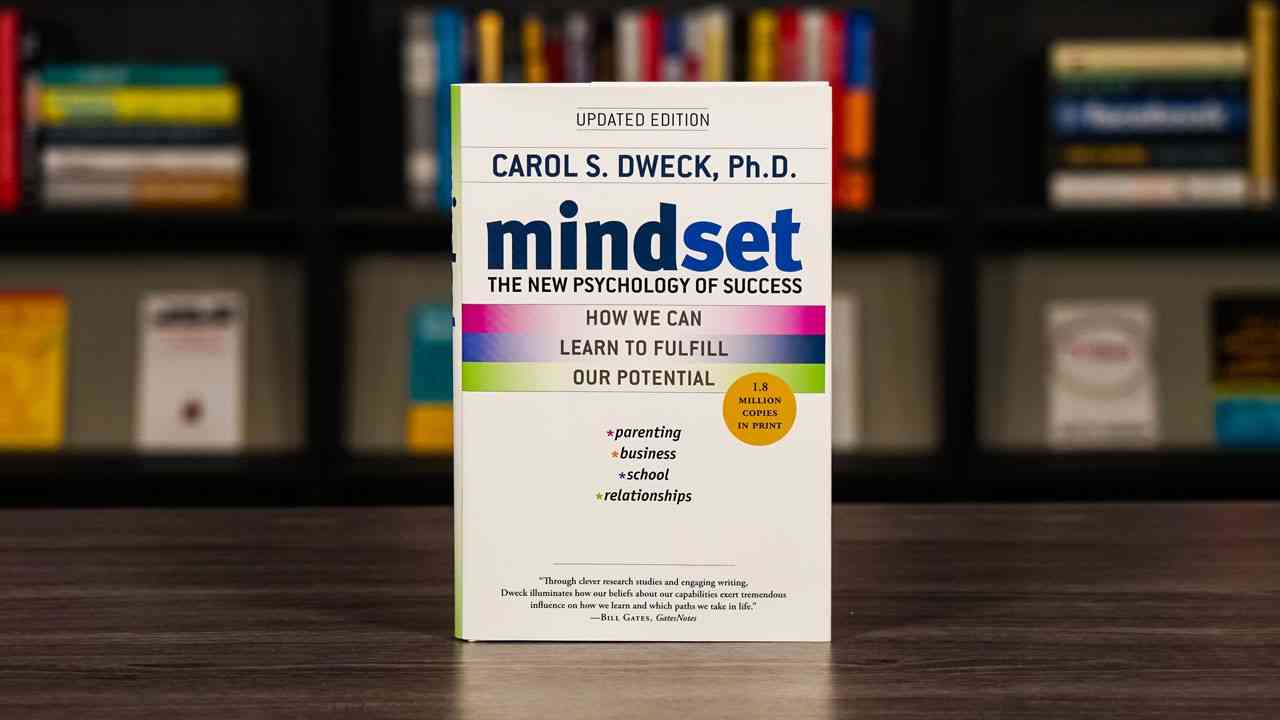
AT some point in our lives, we were taught that we could be anything we wanted to be, if only we could believe in ourselves. And while that in and of itself is not wrong, it created the notion that if we could be anything we wanted, it ought to come somewhat easily, right?
The message of self-belief, and having a ‘positive mindset’ has become the socio-cultural zeitgeist of the past 40 or so odd years, due — in part — to the rise of the self-esteem movement of the 1980s.
To answer the question, no. Greatness takes refinement. Carol Dweck’s 2006 blockbuster Mindset: The New Psychology of Success, is a deep dive into this philosophy.
Dweck, a psychologist and Stanford University professor, illuminates in the book two dimensions within which the mind works. Fixed mindset, which is the belief that all gifts, skills, talents, are fixed, and that there is no changing one’s capabilities.
The other, growth mindset, is the notion that starting capabilities do not limit final achievements.
In other words, with the growth mindset, there is always room for improvement.
Although this classification of thought might seem elementary at first glance, the book begins to examine the inner workings of the functions of these beliefs.
In theory, we believe that we can grow, and change, but when being the successful, the talented, the attractive, and the gifted becomes our identity, it becomes harrowing to imagine a reality where those adjectives are taken away from us, and vanish from our personal repository.
- Mindset: The new psychology of success
Keep Reading
‘Who am I, if not successful, talented, attractive and gifted?’ It becomes a serious issue. And what could be a simple misstep turns into an overwhelming identity crisis of epic proportions.
In Mindset, Dweck explains that the sheer fear of this loss of ‘identity’ can cause an individual to evade experiences that may evolve or develop them. Instead, she writes, “Every situation calls for a confirmation of their intelligence, personality, or character”.
This evasion becomes a protective shield that enshrines the precious status of being good, great, or exceptional.
And any situation that threatens to reveal the individual’s limitations with respect to their talent is met with resistance at best, and total abdication at worst.
The truth is, when people feel that their identity is at stake, they can turn predatory, dangerous, or even desperate; wanting to protect that image, and identity at any cost.
And amongst the burning embers of the flame of this seeming crisis of identity, they remain there.
To put it in Dweck’s words, “To me, they’re often running in place, amassing countless affirmations, but not necessarily ending up where they want to be”.
It can be dauntingly simple to encroach cliché territory when looking at the concept of mindset.
But as one reads this text, it is revealed that mindset is about more than just believing whether one can or cannot do something.
Mindset is revealed to be the structural framework from which any individual operates from, and this affects multiple facets of their personal, and public lives, including career, education, relationships, and even self-esteem.
Growth mindset is about dislodging the all-consuming fear of looking into the glass of our lives, and seeing the failures and limitations for what they are without being afraid to look at the weaker areas of ourselves. It is about staring at the reflection in the broken mirror, and not allowing those weaknesses to define us, or who we are.
Life in itself is transient. Things change, and we must give ourselves the permission to change and evolve.
You are allowed to make mistakes, to be wrong, but, you are also allowed to improve, and make up for the mistakes you have made in the past.
The kicker here is that you ought to give yourself the permission to do so. You owe it to yourself to give yourself the chance to do better. By learning about the principles of the fixed mindset, and the growth mindset, one affords themselves the gift of choice.
Because once you know the limitations in your own thinking, you are able to take note of them when they come up, and terminate them before they wreak even more damage to you in your life.
Mindset is a great read for those who find themselves being paralysed by the fear or anxiety of failing, or not being exceptional.
The book reminds the reader that the path to becoming truly exceptional is not for the chosen, talented few, but for those who are willing to persevere through failure, through disappointment, or obstacles.
These things don’t disqualify your intelligence, or capability, they only help you to refine them.
Chambeni is a fourth year English and Communication student at Solusi University. Passionate about writing, personal development, human behaviour and relationships, she endeavours to make a meaningful impact in the world, one article at a time. — ashleigh.chambeni@gmail.com. LinkedIn: Ashleigh Rutendo Chambeni.






